July 2 stands as one of history’s most eventful days, witnessing the rise and fall of empires, groundbreaking discoveries, and moments that shaped our modern world across centuries of human achievement.

Politics and Government Events on July 2
1921 – Knox-Porter Resolution Ends U.S. Involvement in World War I
President Warren G. Harding signed the Knox-Porter Resolution, formally ending the war between the United States and Germany. This decisive action concluded America’s participation in the Great War through legislative means.
The resolution represented Congress’s authority over war declarations and peace agreements. It marked a significant shift toward isolationist policies that would characterize American foreign relations throughout the 1920s.
1964 – Civil Rights Act Signed into Law

President Lyndon B. Johnson signed the landmark Civil Rights Act of 1964, prohibiting segregation in public places across America. The legislation represented the most comprehensive civil rights law since Reconstruction.
The Act demolished legal barriers that had enforced racial segregation for decades. Johnson’s signature transformed American society and advanced the cause of equality under federal law.
1976 – Vietnam Reunification Completed
Communist North Vietnam officially annexed South Vietnam, creating the unified Socialist Republic of Vietnam. This historic reunification ended decades of division following French colonial rule.
The merger concluded the Vietnam War’s political aftermath and established communist governance throughout the country. Vietnamese leaders implemented socialist policies across the newly unified nation.
1940 – Subhas Chandra Bose Arrested
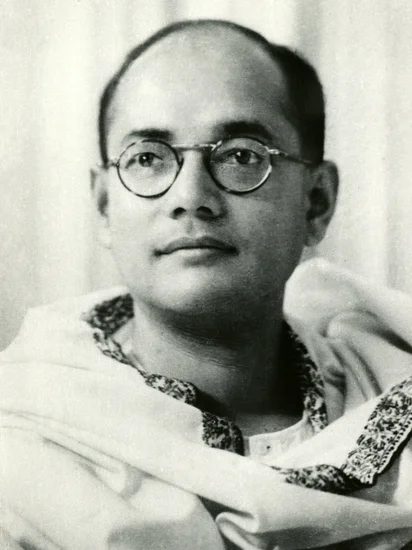
British authorities arrested Indian independence leader Subhas Chandra Bose in Calcutta during World War II. His detention demonstrated Britain’s determination to suppress nationalist movements during wartime.
Bose’s arrest intensified Indian resistance to British rule and strengthened independence movements. His imprisonment became a rallying point for Indians seeking freedom from colonial governance.
2000 – Vicente Fox Breaks Mexican Political Monopoly

Vicente Fox Quesada won Mexico’s presidential election, becoming the first opposition candidate to defeat the Institutional Revolutionary Party in over 70 years. His victory for the National Action Party ended decades of single-party rule.
Fox’s triumph represented a democratic breakthrough in Mexican politics. The peaceful transfer of power demonstrated Mexico’s evolution toward genuine multiparty democracy.
Military and Naval History on July 2
1934 – Night of the Long Knives Concludes
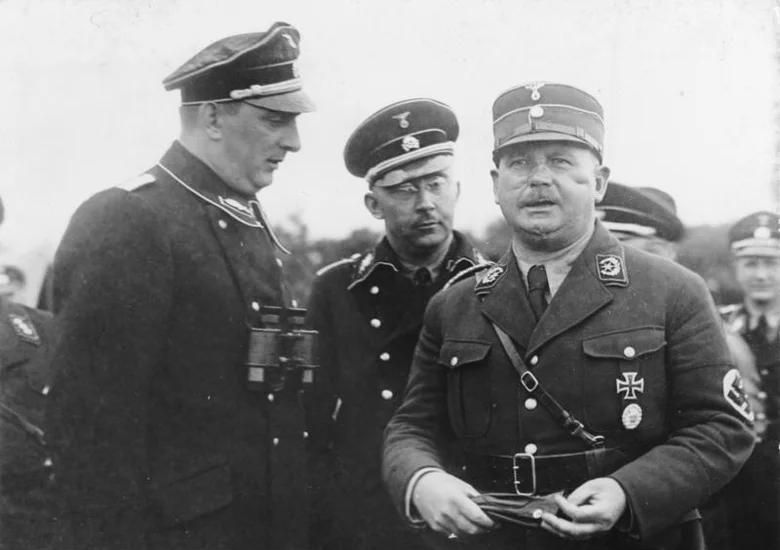
Adolf Hitler’s bloody purge of Nazi Party rivals ended after three days of systematic killings across Germany. The operation eliminated potential threats to Hitler’s absolute power within the Nazi movement.
Storm troopers and political opponents fell victim to SS execution squads. The purge consolidated Hitler’s dictatorship and demonstrated the regime’s willingness to murder internal enemies.
1940 – SS Arandora Star Tragedy
German U-boat U-47 sank the passenger ship SS Arandora Star in the North Atlantic, killing over 800 civilians. The vessel carried German and Italian internees being transported to Canada.
The tragedy highlighted the dangers faced by civilian vessels during the Battle of the Atlantic. Many victims were refugees who had fled Nazi persecution, creating international controversy.
1966 – France Conducts Pacific Nuclear Test
France detonated its first nuclear weapon in the Pacific Ocean at Moruroa Atoll. The test established France as the world’s fourth nuclear power and demonstrated its military independence.
The explosion marked France’s entry into the exclusive nuclear club despite international protests. President Charles de Gaulle’s nuclear program advanced French strategic autonomy during the Cold War.
1986 – Chilean Protesters Killed Under Pinochet
Security forces burned Rodrigo Rojas and Carmen Gloria Quintana alive during anti-government demonstrations in Santiago. The brutal attack shocked international observers and intensified opposition to General Augusto Pinochet’s dictatorship.
The incident galvanized Chilean resistance movements and drew worldwide condemnation. International pressure on Pinochet’s regime increased dramatically following the horrific assault on peaceful protesters.
Science and Discovery Milestones on July 2
2001 – First Self-Contained Artificial Heart Implanted
Surgeons successfully implanted the AbioCor artificial heart in a patient, marking a revolutionary breakthrough in cardiac medicine. The device represented years of biomedical engineering advancement and offered hope for heart failure patients.
The self-contained system eliminated external power connections that plagued earlier artificial hearts. This technological leap forward opened new possibilities for treating end-stage heart disease.
2013 – Pluto’s Moons Receive Official Names
The International Astronomical Union officially named Pluto’s fourth and fifth moons Kerberos and Styx. These designations followed the mythological naming convention established for other Plutonian satellites.
The naming ceremony highlighted ongoing discoveries in our solar system’s outer reaches. Advanced telescopes continued revealing new details about Pluto’s complex satellite system.
2002 – First Solo Balloon Flight Around the World

Steve Fossett completed the first solo nonstop balloon flight around the world, achieving a milestone in aviation history. His journey demonstrated human endurance and technological innovation in extreme conditions.
The flight required precise navigation and weather forecasting to succeed. Fossett’s achievement inspired future adventurers and advanced meteorological science understanding.
Cultural and Arts Events on July 2
1937 – Amelia Earhart’s Final Radio Transmission
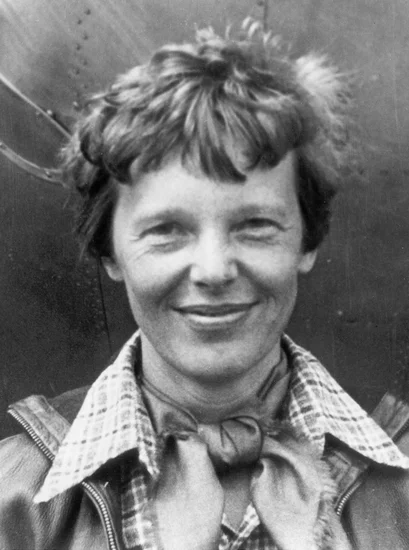
Amelia Earhart and navigator Fred Noonan transmitted their last radio message while flying over the Pacific Ocean. They were attempting the first equatorial round-the-world flight when they disappeared.
The mysterious vanishing captivated global attention and created an enduring aviation legend. Earhart’s disappearance became one of history’s most famous unsolved mysteries.
2005 – Live 8 Concerts Unite Global Audiences

The Live 8 benefit concerts took place simultaneously across G8 nations and South Africa, featuring over 1,000 musicians. The events broadcast on 182 television networks and 2,000 radio stations worldwide.
The concerts aimed to pressure world leaders to address African poverty and debt relief. The massive global audience demonstrated music’s power to mobilize international humanitarian action.
Religious and Social Events on July 2
1988 – Archbishop Lefebvre Excommunicated
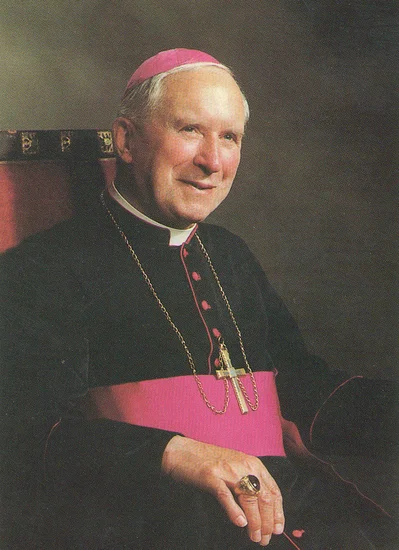
Pope John Paul II excommunicated Archbishop Marcel Lefebvre and four bishops he had consecrated without papal approval. The action represented the Vatican’s response to traditionalist Catholic resistance to Vatican II reforms.
The excommunications highlighted deep divisions within the Catholic Church over liturgical changes. Lefebvre’s followers continued opposing modernization efforts despite official sanctions.
1990 – Mecca Tunnel Tragedy

A devastating stampede in a pedestrian tunnel leading to Mecca killed 1,400 Muslim pilgrims during the Hajj pilgrimage. The tragedy occurred as millions of faithful attempted to reach Islam’s holiest site.
The disaster prompted major safety improvements for future pilgrimages. Saudi authorities implemented crowd control measures to prevent similar tragedies during religious gatherings.
1986 – Rodrigo Rojas and Carmen Gloria Quintana Burned
Chilean security forces brutally attacked protesters Rodrigo Rojas and Carmen Gloria Quintana, burning them alive during demonstrations against Pinochet’s dictatorship. The horrific incident shocked the international community.
The attack galvanized opposition to military rule and intensified calls for democratic restoration. Human rights organizations condemned the regime’s escalating violence against peaceful protesters.
Business and Economic Events on July 2
1962 – First Walmart Store Opens
Sam Walton opened the first Walmart store in Rogers, Arkansas, launching what would become the world’s largest retail corporation. The discount store concept revolutionized American retail and consumer culture.
Walton’s low-price strategy transformed shopping habits nationwide. The company’s expansion would eventually reshape global retail markets and supply chain management.
1997 – Asian Financial Crisis Begins
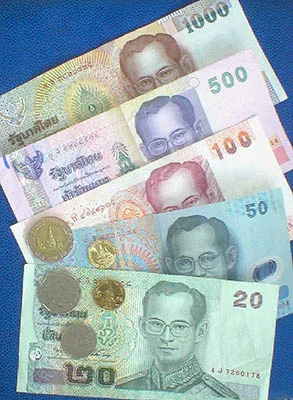
The Bank of Thailand floated the baht currency, triggering the devastating Asian financial crisis. The decision unleashed economic turmoil across Southeast Asia and beyond.
Currency devaluations spread rapidly through regional markets, causing widespread economic disruption. The crisis demonstrated the interconnected nature of global financial systems.
Transportation and Infrastructure on July 2
1986 – Aeroflot Flight 2306 Crashes
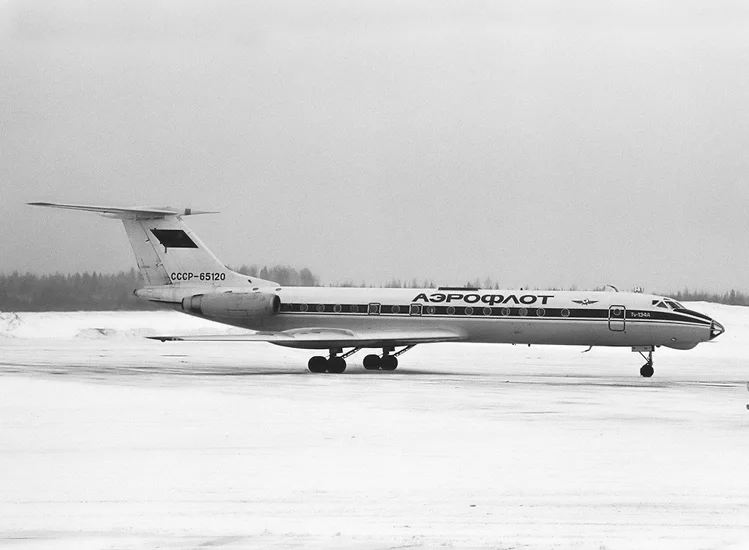
Aeroflot Flight 2306 crashed during an emergency landing attempt at Syktyvkar Airport in Russia’s Komi Republic, killing 54 passengers and crew. The accident highlighted safety concerns in Soviet aviation.
The crash prompted investigations into aircraft maintenance and pilot training procedures. Soviet authorities implemented new safety protocols following the tragic incident.
1994 – USAir Flight 1016 Crashes in Charlotte
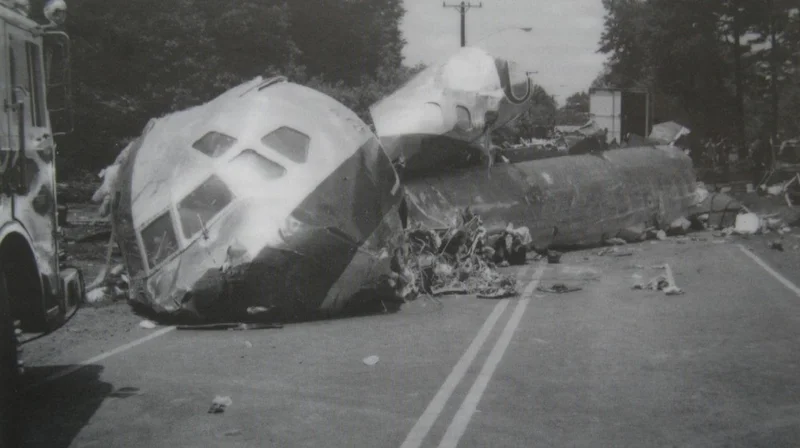
USAir Flight 1016 crashed near Charlotte Douglas International Airport during a thunderstorm, killing 37 of 57 people aboard. The accident occurred during the aircraft’s approach in severe weather conditions.
The crash led to improved weather detection systems at major airports. Aviation authorities enhanced pilot training for severe weather approaches following the investigation.
Sports and Recreation on July 2
2013 – Magnitude 6.1 Earthquake Strikes Indonesia
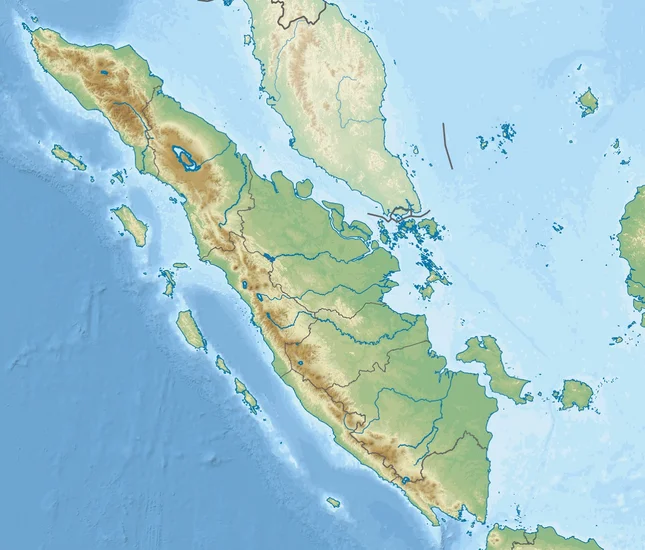
A powerful earthquake struck Aceh province in Indonesia, killing at least 42 people and injuring 420 others. The tremor caused widespread damage to buildings and infrastructure across the region.
Rescue teams mobilized quickly to search for survivors in collapsed structures. The disaster highlighted Indonesia’s vulnerability to seismic activity along the Pacific Ring of Fire.
2010 – South Kivu Tank Truck Explosion
A fuel truck explosion in South Kivu, Democratic Republic of Congo, killed at least 230 people who had gathered to collect spilled gasoline. The tragedy occurred when the overturned vehicle ignited.
The disaster illustrated the desperate poverty driving people to risk their lives for fuel. International aid organizations responded with emergency medical assistance and supplies.
2020 – Tank Truck Explosion in Congo
A devastating fuel truck explosion in the Democratic Republic of Congo’s South Kivu province killed at least 230 people. Villagers had gathered to collect spilled gasoline when the vehicle caught fire.
The tragedy highlighted the extreme poverty forcing people to risk their lives for fuel. Emergency responders struggled to reach the remote location and treat burn victims.
Notable Births on July 2
1908 – Thurgood Marshall Born
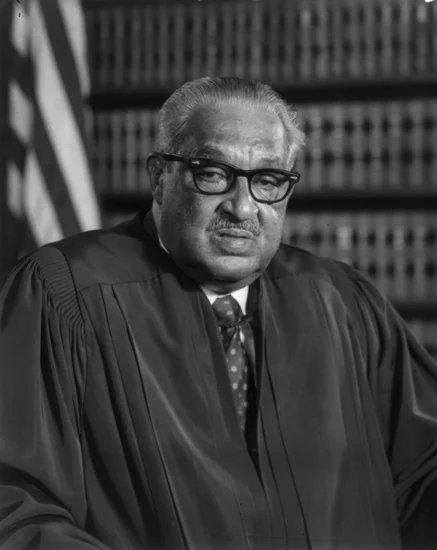
Future Supreme Court Justice Thurgood Marshall was born in Baltimore, Maryland. His early experiences with racial discrimination shaped his lifelong commitment to civil rights law.
Marshall would later argue landmark cases before the Supreme Court, including Brown v. Board of Education. His legal career dismantled segregation and advanced constitutional equality for all Americans.
1922 – Pierre Cardin Born
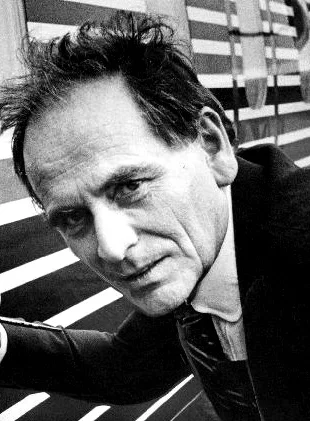
Italian-French fashion designer Pierre Cardin entered the world, destined to revolutionize haute couture. His innovative designs would challenge traditional fashion boundaries and establish his global brand.
Cardin pioneered space-age fashion and geometric designs that defined 1960s style. His business acumen expanded luxury fashion into licensing deals and international markets.
1925 – Medgar Evers Born

Civil rights activist Medgar Evers was born in Mississippi, where he would later lead the fight against segregation. His courage in confronting racial injustice inspired a generation of activists.
Evers became the NAACP’s first field secretary in Mississippi. His assassination in 1963 galvanized national support for civil rights legislation.
1947 – Larry David Born

Comedian and television producer Larry David was born in Brooklyn, New York. His neurotic comedy style would revolutionize television entertainment and influence countless performers.
David co-created the groundbreaking series “Seinfeld” and later starred in “Curb Your Enthusiasm.” His observational humor captured the absurdities of modern life.
1990 – Margot Robbie Born

Australian actress Margot Robbie was born in Queensland, beginning a journey that would lead to Hollywood stardom. Her versatile performances would earn critical acclaim and international recognition.
Robbie’s breakout role in “The Wolf of Wall Street” launched her career. She later produced and starred in “Barbie,” becoming one of Hollywood’s most influential actresses.
1924 – Alex Morgan Born

American soccer player Alex Morgan was born in California, destined to become one of the sport’s greatest athletes. Her scoring ability and leadership would define women’s soccer for a generation.
Morgan helped lead the U.S. Women’s National Team to World Cup and Olympic victories. Her advocacy for equal pay advanced women’s sports and social justice causes.
Notable Deaths on July 2
1961 – Ernest Hemingway Dies
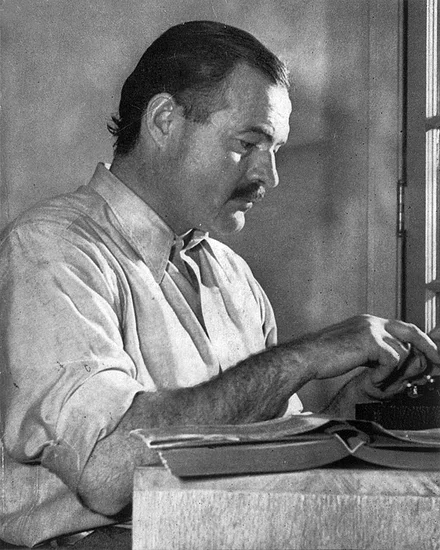
Nobel Prize-winning author Ernest Hemingway died in Idaho, ending one of literature’s most influential careers. His spare prose style and adventurous life epitomized 20th-century American literature.
Hemingway’s novels captured the disillusionment of the Lost Generation. Works like “The Sun Also Rises” and “For Whom the Bell Tolls” established his literary immortality.
1997 – James Stewart Dies
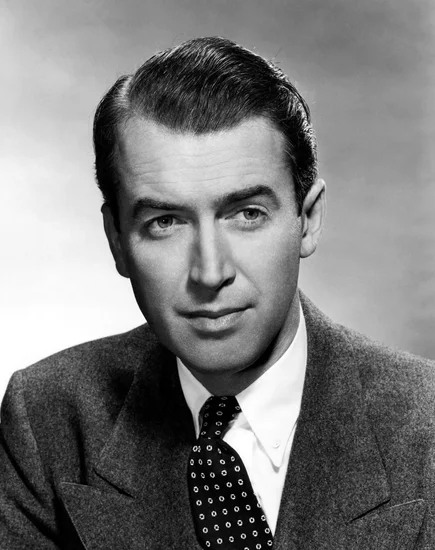
Beloved American actor James Stewart passed away in California, concluding a legendary Hollywood career spanning six decades. His everyman persona and distinctive voice made him one of cinema’s most cherished stars.
Stewart’s performances in classics like “It’s a Wonderful Life” and “Vertigo” defined American filmmaking. His collaboration with director Alfred Hitchcock produced some of cinema’s greatest thrillers.
1977 – Vladimir Nabokov Dies
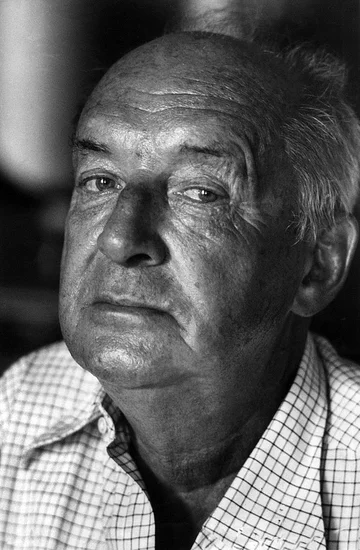
Russian-American novelist Vladimir Nabokov died in Switzerland, leaving behind a revolutionary literary legacy. His masterpiece “Lolita” challenged conventional narrative structures and moral boundaries.
Nabokov’s complex prose style and multilingual wordplay influenced generations of writers. His academic career advanced literary criticism and translation theory.
2016 – Elie Wiesel Dies

Holocaust survivor and Nobel Peace Prize winner Elie Wiesel died in New York, ending a life dedicated to bearing witness to human suffering. His memoir “Night” became one of the most important Holocaust testimonies.
Wiesel’s writings and speeches kept Holocaust memory alive for future generations. His humanitarian work advanced human rights causes worldwide.
2019 – Lee Iacocca Dies
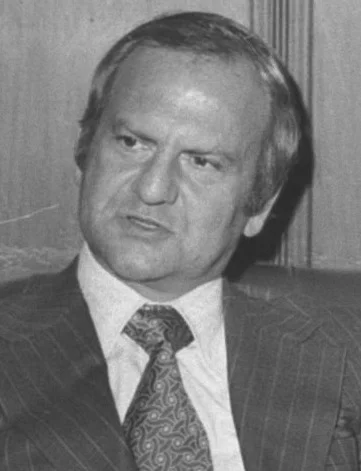
Legendary automotive executive Lee Iacocca died in California, concluding a career that transformed the American automobile industry. His leadership saved Chrysler Corporation from bankruptcy and revitalized American manufacturing.
Iacocca’s marketing genius introduced the Ford Mustang and Chrysler minivan. His autobiography became a bestseller and inspired business leaders worldwide.
Holidays and Observances on July 2
Flag Day in Curaçao
Curaçao celebrates Flag Day, commemorating the adoption of its national flag. The holiday honors the island’s cultural identity and political autonomy within the Kingdom of the Netherlands.
Citizens display the flag prominently and participate in patriotic ceremonies. The celebration reinforces Curaçaoan national pride and cultural heritage.
Palio di Provenzano in Siena

The historic Italian city of Siena hosts the Palio di Provenzano, a traditional horse race dating back to medieval times. The event transforms the city’s central square into a racetrack for this ancient competition.
Ten neighborhoods compete in the dangerous bareback race around the Piazza del Campo. The victory brings great honor to the winning district and its supporters.
Police Day in Azerbaijan
Azerbaijan observes Police Day, honoring law enforcement officers who serve the nation. The holiday recognizes police contributions to public safety and national security.
Government officials participate in ceremonies acknowledging police service and sacrifice. The observance strengthens bonds between law enforcement and civilian communities.
